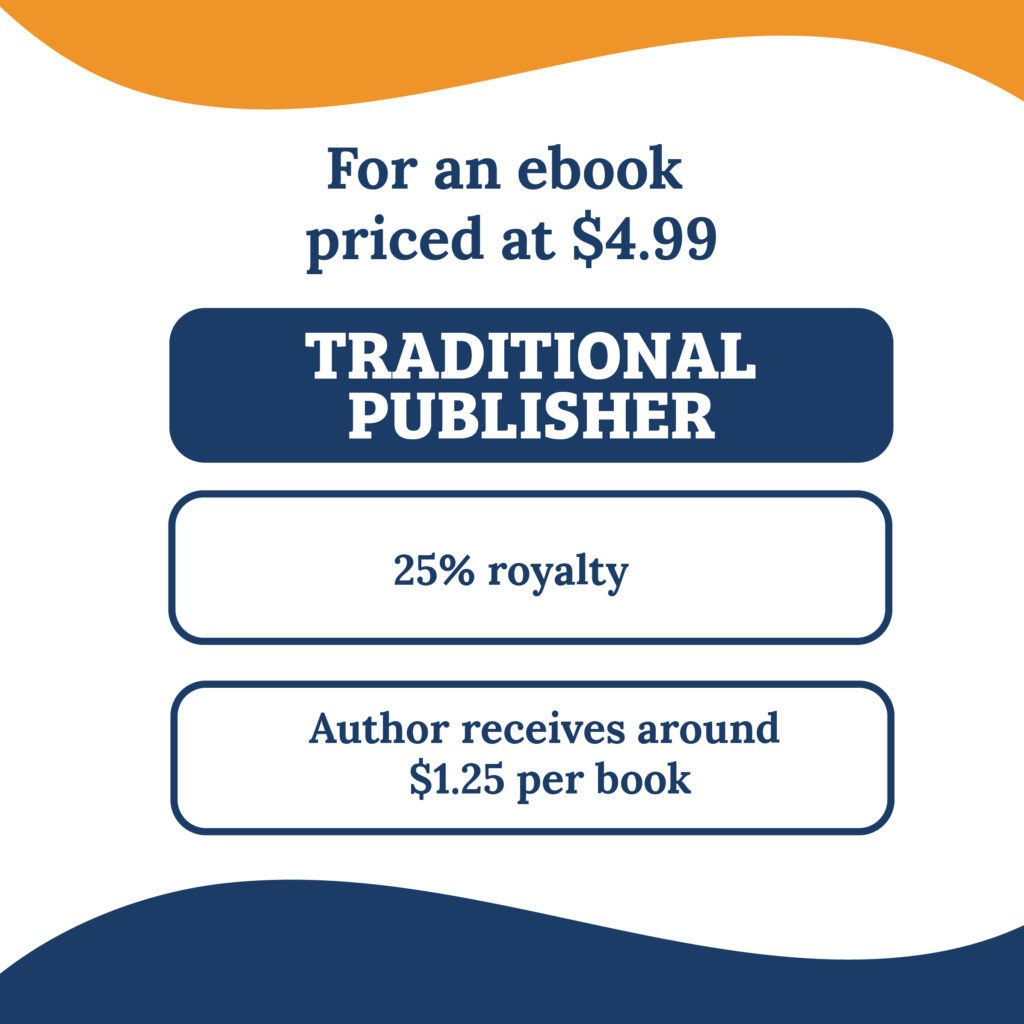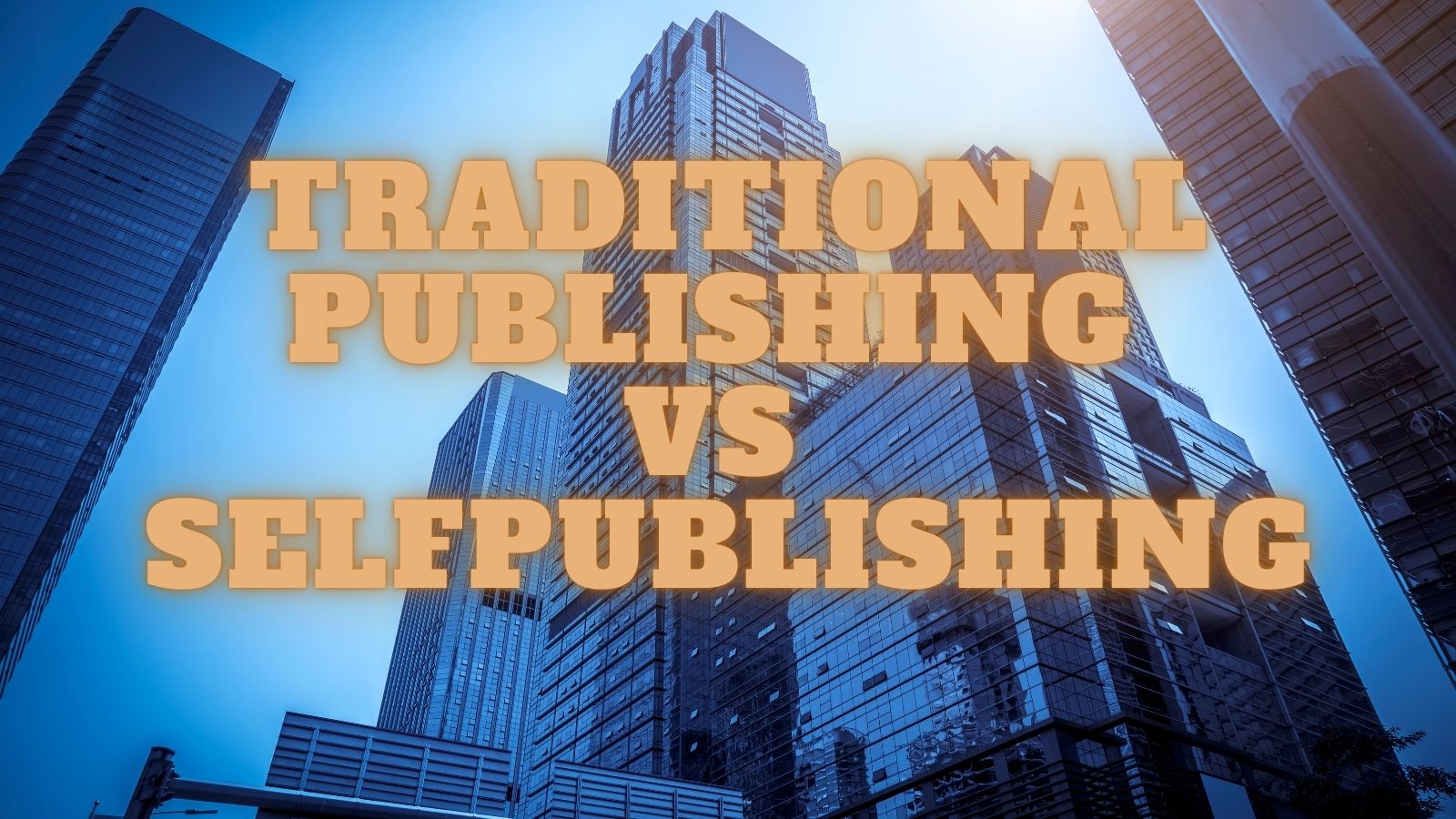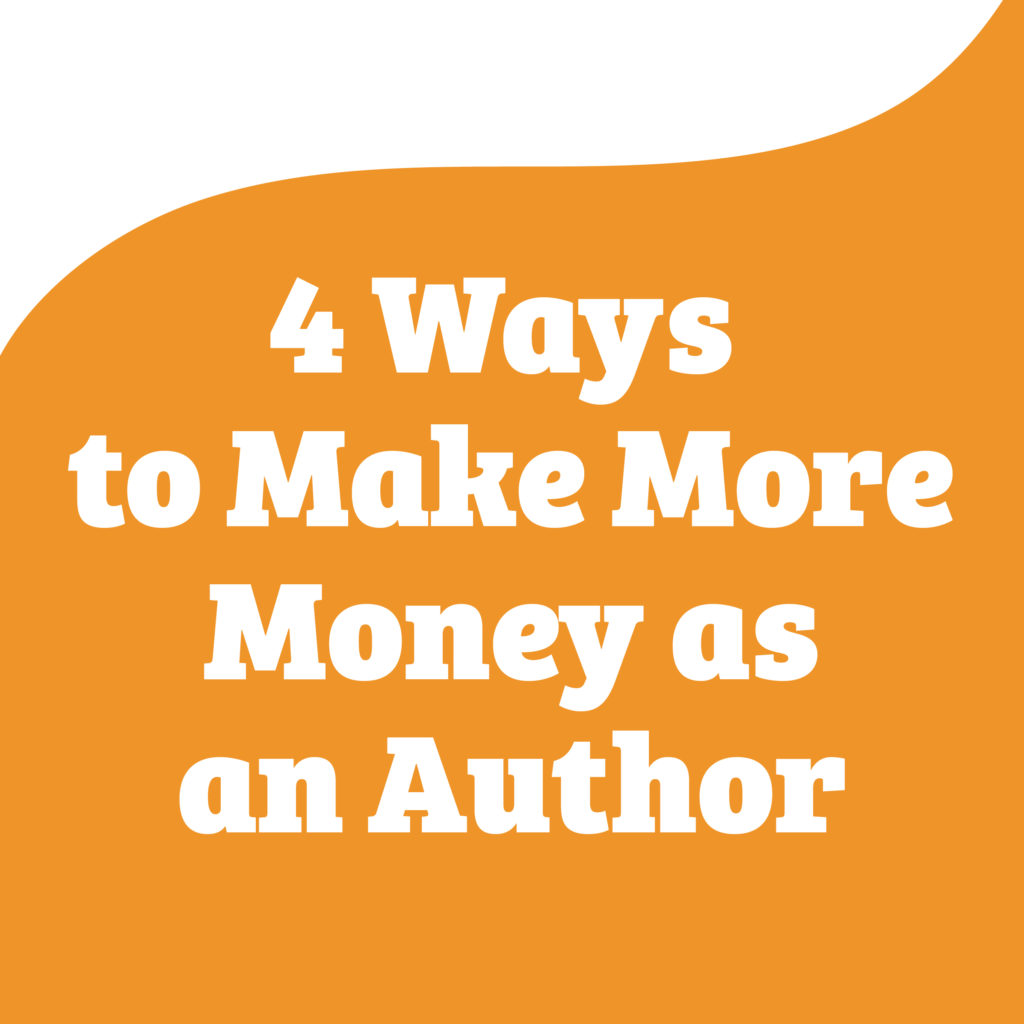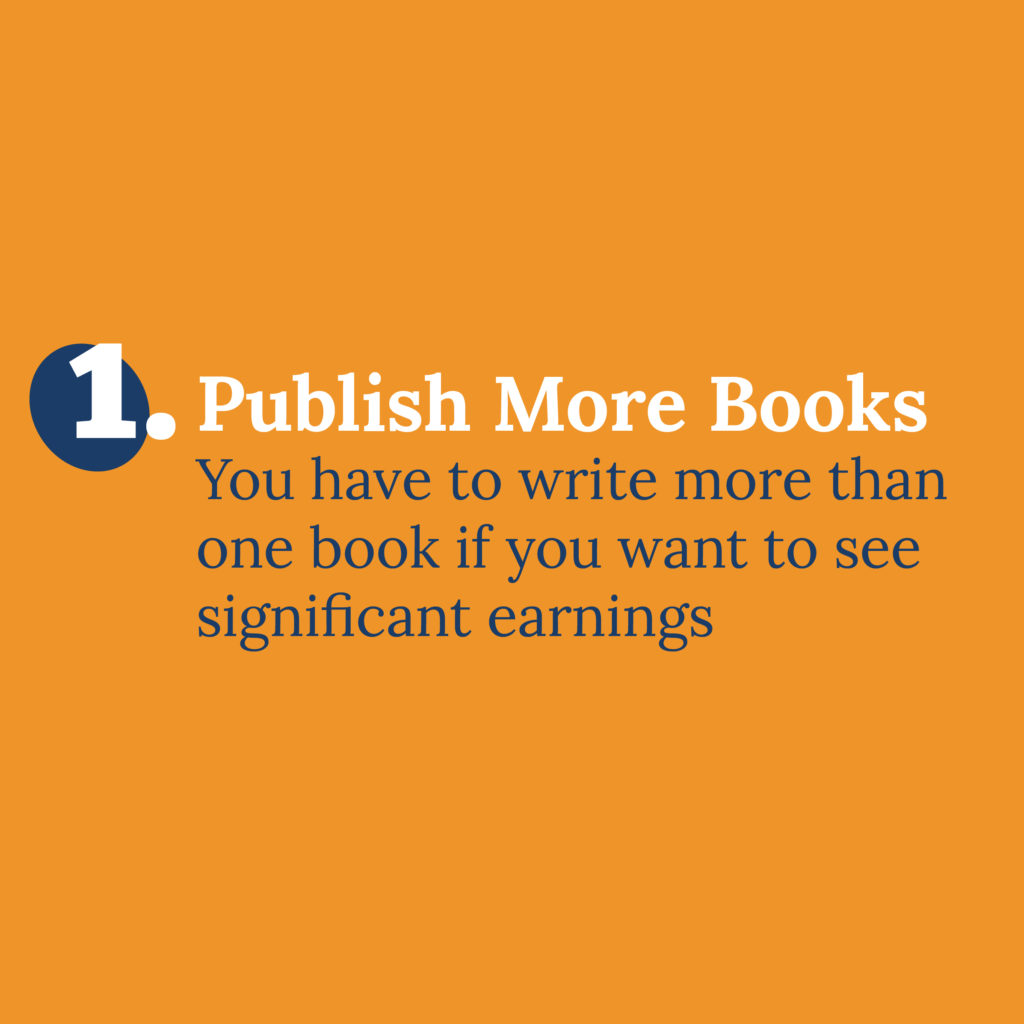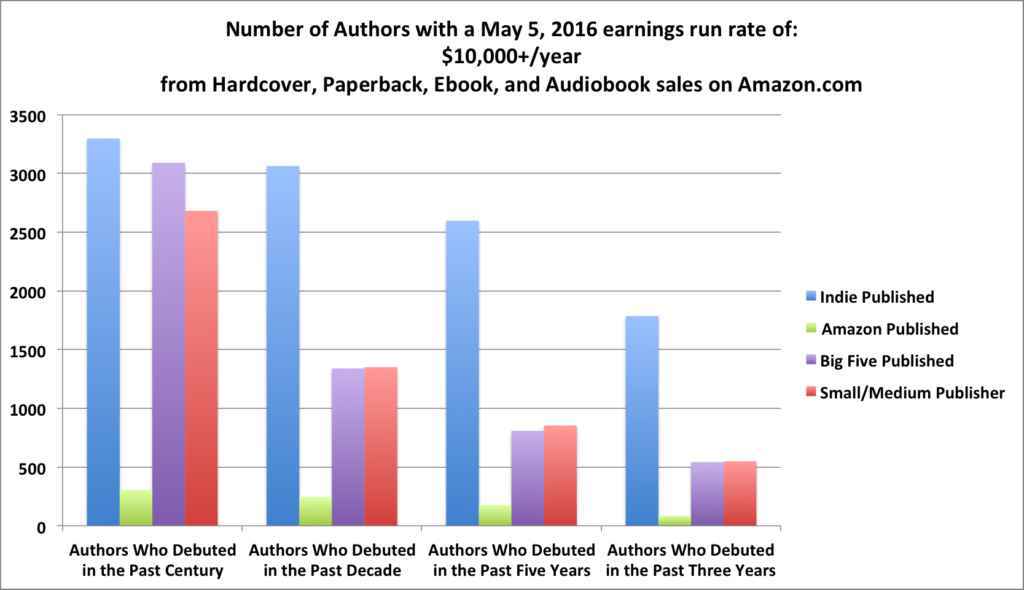Understanding the Factors that Influence an Author’s Earnings
When it comes to determining how much an author makes per year, several factors come into play. Genre, book format, marketing efforts, and publishing route are just a few of the key elements that can significantly impact an author’s earnings. For instance, authors who write in popular genres such as romance, thriller, or science fiction tend to earn more than those who write in niche genres. This is because popular genres have a larger audience and are often in higher demand.
Book format is another crucial factor that affects an author’s earnings. Hardcover books typically offer higher royalties than paperback or e-book formats. However, e-books have become increasingly popular in recent years, and many authors have found success in this format. In fact, some authors have reported earning up to 70% of the book’s cover price in royalties from e-book sales.
Marketing efforts also play a significant role in determining an author’s earnings. Authors who are able to effectively promote their work through social media, book signings, and other events tend to earn more than those who do not. This is because marketing helps to increase visibility and attract more readers to an author’s work.
Finally, the publishing route an author chooses can also impact their earnings. Traditional publishing typically offers advances and royalties, while self-publishing allows authors to retain more control over their work and potentially earn higher royalties. However, self-publishing often requires authors to handle their own marketing and promotion, which can be time-consuming and costly.
For example, authors like John Grisham and James Patterson have reportedly earned millions of dollars per year through traditional publishing deals. On the other hand, self-published authors like Amanda Hocking and Hugh Howey have also achieved significant success and earnings through their own marketing efforts.
Understanding these factors is crucial for authors who want to maximize their earnings. By choosing the right genre, book format, marketing strategy, and publishing route, authors can increase their chances of success and earn a higher income. Whether you’re a seasoned author or just starting out, it’s essential to stay informed about the latest trends and best practices in the publishing industry.
Traditional Publishing vs Self-Publishing: Which Route Pays More?
When it comes to determining how much an author makes per year, the choice between traditional publishing and self-publishing can significantly impact earnings. Traditional publishing typically offers advances and royalties, while self-publishing allows authors to retain more control over their work and potentially earn higher royalties.
According to a survey by the Authors Guild, the median income for traditionally published authors is around $20,000 per year. However, this figure can range from $1,000 to $100,000 or more, depending on the author’s level of experience, genre, and book sales. In contrast, self-published authors can earn up to 70% of the book’s cover price in royalties, compared to the 10-15% typically offered by traditional publishers.
However, self-publishing often requires authors to handle their own marketing and promotion, which can be time-consuming and costly. According to a report by Author Earnings, self-published authors who earn more than $50,000 per year typically spend around 20% of their income on marketing and promotion.
Despite these challenges, many self-published authors have achieved significant success and earnings. For example, Amanda Hocking, a self-published author of paranormal romance novels, reportedly earned over $2 million in 2011. Similarly, Hugh Howey, a self-published author of science fiction novels, has earned over $1 million per year in royalties.
In contrast, traditionally published authors may earn higher advances, but their royalties are typically lower. For example, a debut author may receive a $10,000 advance, but their royalties may be limited to 10-15% of the book’s cover price. However, traditionally published authors may also benefit from the marketing and promotion efforts of their publisher, which can help to increase book sales and earnings.
Ultimately, the choice between traditional publishing and self-publishing depends on an author’s individual goals, genre, and target audience. While traditional publishing may offer higher advances and more marketing support, self-publishing can provide higher royalties and more control over the publishing process. By understanding the pros and cons of each route, authors can make informed decisions about how to publish their work and maximize their earnings.
How to Boost Your Earnings as an Author
While there is no guaranteed formula for success, there are several strategies that authors can use to increase their annual income. One of the most effective ways to boost earnings is to write multiple books. This can help to establish an author’s brand and increase their visibility in the market. Additionally, writing multiple books can provide a steady stream of income through royalties and sales.
Building an online presence is also crucial for authors who want to increase their earnings. This can include creating a website or blog, as well as engaging with readers on social media platforms. By building a community of readers and fans, authors can increase their visibility and promote their work more effectively.
Leveraging social media is another key strategy for authors who want to boost their earnings. Platforms like Amazon Marketing Services, Facebook, and Twitter can be used to promote books and connect with readers. Authors can also use social media to share updates about their work, provide behind-the-scenes insights, and offer exclusive content to their followers.
For example, authors like John Green and Veronica Roth have used social media to build a massive following and promote their books. They have also used platforms like YouTube and Tumblr to connect with readers and share their work.
Another strategy for boosting earnings is to diversify your income streams. This can include offering services like editing, coaching, or speaking, as well as creating and selling online courses or other digital products. By diversifying your income streams, you can reduce your reliance on book sales and create a more stable financial foundation.
Finally, authors can also boost their earnings by optimizing their book sales pages and marketing materials. This can include using keywords and categories to improve visibility, as well as creating eye-catching covers and blurbs that grab readers’ attention. By optimizing your book sales pages and marketing materials, you can increase your chances of success and boost your earnings.
By implementing these strategies, authors can increase their annual income and achieve financial success. Whether you’re a seasoned author or just starting out, there are many ways to boost your earnings and achieve your goals.
The Impact of Book Format on Author Earnings
The format of a book can significantly impact an author’s earnings. Different formats, such as hardcover, paperback, e-book, and audiobook, offer varying royalty rates and pricing strategies. Understanding these differences is crucial for authors who want to maximize their earnings.
Hardcover books typically offer the highest royalty rates, ranging from 10% to 15% of the book’s cover price. However, hardcover books are often more expensive to produce and distribute, which can eat into an author’s profits. Paperback books, on the other hand, offer lower royalty rates, typically ranging from 7% to 10% of the book’s cover price.
E-books, which have become increasingly popular in recent years, offer higher royalty rates than paperback books. Amazon’s Kindle Direct Publishing (KDP) program, for example, offers a 70% royalty rate for e-books priced between $2.99 and $9.99. However, e-books are often priced lower than paperback books, which can impact an author’s overall earnings.
Audiobooks, which are becoming increasingly popular, offer a unique opportunity for authors to earn additional income. Audiobook royalty rates typically range from 25% to 50% of the book’s cover price, depending on the publisher and distribution platform.
For example, authors like John Grisham and James Patterson have successfully published their books in multiple formats, including hardcover, paperback, e-book, and audiobook. By doing so, they have been able to maximize their earnings and reach a wider audience.
When it comes to pricing strategies, authors should consider the format of their book and the target audience. For example, e-books are often priced lower than paperback books, while audiobooks may be priced higher due to the production costs involved.
Ultimately, the format of a book can significantly impact an author’s earnings. By understanding the different formats and pricing strategies available, authors can make informed decisions about how to publish their work and maximize their earnings.
Marketing and Promotion: Key to Increasing Author Earnings
Marketing and promotion are crucial components of an author’s success, and can significantly impact their annual income. A well-planned marketing strategy can help authors reach a wider audience, increase book sales, and ultimately, boost their earnings.
One of the most effective ways to market a book is to build an author platform. This can include creating a website or blog, as well as engaging with readers on social media platforms. By building a community of readers and fans, authors can increase their visibility and promote their work more effectively.
Amazon Marketing Services (AMS) is another powerful tool that authors can use to promote their work. AMS offers a range of advertising options, including sponsored products and sponsored brands, which can help authors increase their visibility and reach a wider audience.
Additionally, authors can also leverage email marketing to promote their work and increase their earnings. By building an email list and sending regular newsletters to their subscribers, authors can keep their readers informed about new releases, promotions, and other news.
For example, authors like Mark Dawson and Joanna Penn have successfully used marketing and promotion to increase their earnings. They have built large followings on social media, created successful email marketing campaigns, and used AMS to promote their work.
When it comes to creating a marketing plan, authors should consider their target audience, genre, and book format. They should also set clear goals and objectives, and track their progress regularly. By doing so, authors can create a effective marketing strategy that helps them increase their earnings and achieve their goals.
Ultimately, marketing and promotion are key components of an author’s success, and can significantly impact their annual income. By building an author platform, leveraging AMS, and using email marketing, authors can increase their visibility, reach a wider audience, and ultimately, boost their earnings.
Real-Life Examples of Successful Authors’ Earnings
While it’s difficult to determine exactly how much an author makes per year, there are several real-life examples of successful authors who have shared their earnings publicly. These examples can provide valuable insights into the earning potential of authors and help to debunk common myths about author earnings.
For example, John Grisham, a bestselling author of thriller novels, has reportedly earned over $100 million in book sales and movie adaptations. His books have been translated into over 40 languages and have sold over 300 million copies worldwide.
Another example is J.K. Rowling, author of the Harry Potter series, who has earned an estimated $1 billion in book sales and movie adaptations. Her books have been translated into over 80 languages and have sold over 500 million copies worldwide.
In the self-publishing world, authors like Amanda Hocking and Hugh Howey have also achieved significant success and earnings. Hocking, a paranormal romance author, has reportedly earned over $2 million in book sales, while Howey, a science fiction author, has earned over $1 million in book sales.
These examples demonstrate that it is possible for authors to earn significant amounts of money from their writing, whether through traditional publishing or self-publishing. However, it’s also important to note that these examples are exceptions rather than the rule, and that many authors struggle to make a living from their writing.
By analyzing these examples, we can gain a better understanding of the factors that contribute to an author’s success and earnings. For example, genre, book format, marketing efforts, and publishing route can all impact an author’s earning potential.
Ultimately, these real-life examples of successful authors’ earnings can provide valuable insights and inspiration for aspiring authors, and help to debunk common myths about author earnings.
Debunking Common Myths About Author Earnings
There are several common myths and misconceptions about author earnings that can be misleading and discouraging for aspiring authors. One of the most prevalent myths is that all authors are wealthy and earn a six-figure income from their writing. However, this is not the case for most authors.
According to a survey by the Authors Guild, the median income for authors in the United States is around $20,000 per year. This is a far cry from the six-figure income that many people assume authors earn.
Another myth is that self-publishing is not lucrative and that authors who self-publish will not earn as much as those who traditionally publish. However, this is not necessarily true. Many self-published authors have reported earning significant amounts of money from their writing, often more than traditionally published authors.
For example, Amanda Hocking, a self-published author of paranormal romance novels, has reportedly earned over $2 million in book sales. Similarly, Hugh Howey, a self-published author of science fiction novels, has earned over $1 million in book sales.
It’s also important to note that author earnings can vary widely depending on factors such as genre, book format, marketing efforts, and publishing route. While some authors may earn significant amounts of money from their writing, others may not.
By understanding the facts and figures about author earnings, aspiring authors can make informed decisions about their writing careers and avoid common myths and misconceptions that can be discouraging and misleading.
Ultimately, the key to success as an author is to write high-quality books that resonate with readers, to market and promote your work effectively, and to be persistent and dedicated to your craft.
Conclusion: What You Need to Know About Author Earnings
In conclusion, understanding how much an author makes per year is a complex topic that depends on various factors such as genre, book format, marketing efforts, and publishing route. While some authors may earn significant amounts of money from their writing, others may not.
It’s essential for authors to be aware of the different factors that can impact their earnings and to make informed decisions about their writing careers. By understanding the pros and cons of traditional publishing versus self-publishing, authors can choose the route that best suits their needs and goals.
Additionally, authors should focus on building their online presence, leveraging social media, and creating a marketing plan to increase their visibility and reach a wider audience. By doing so, authors can increase their earning potential and achieve success in the competitive world of publishing.
Ultimately, the key to success as an author is to write high-quality books that resonate with readers, to market and promote your work effectively, and to be persistent and dedicated to your craft. By following these tips and staying informed about the ever-changing publishing landscape, authors can increase their earning potential and achieve their goals.
As the publishing industry continues to evolve, it’s essential for authors to stay adaptable and open to new opportunities and challenges. By doing so, authors can ensure their success and continue to thrive in the world of publishing.

